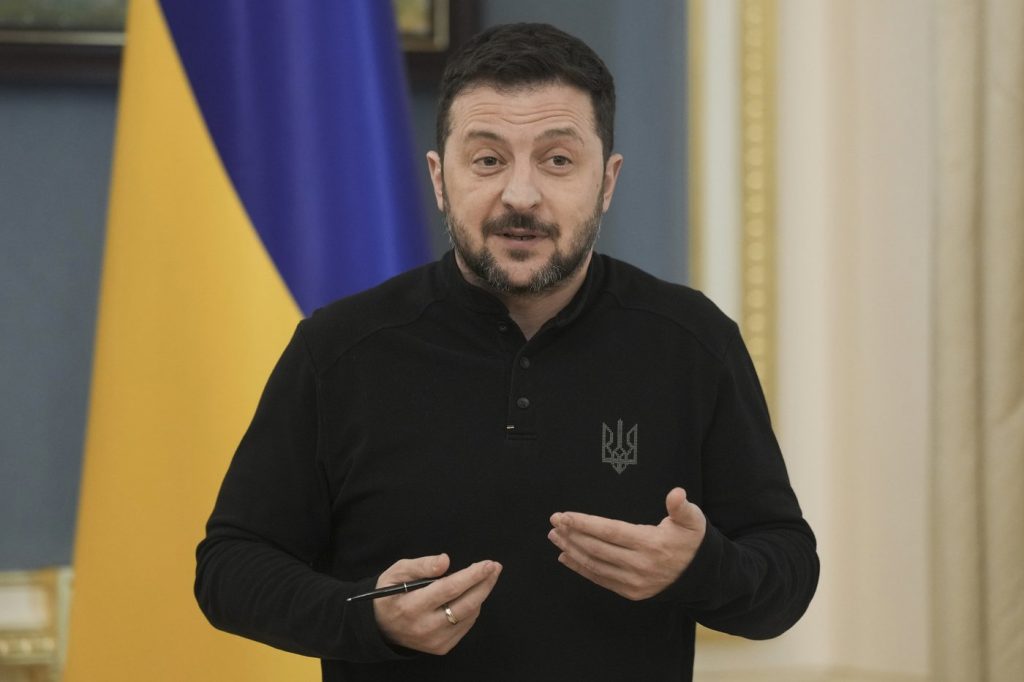KYIV, Ukraine - Ukrainian President Volodymyr Zelenskyy would have been facing a re-election campaign in the spring of 2024 had it not been for Russia's full-scale invasion of Ukraine. This situation has led to questions regarding the legitimacy of his rule, which Russia has weaponized in its propaganda efforts.
U.S. President Donald Trump characterized Zelenskyy as a “dictator without elections,” a statement that reflected Russian narratives, although Trump later retracted the comment, claiming he did not say it. This incident is part of a broader concern among Western officials about Zelenskyy's governance, especially under martial law, which has allowed his administration to consolidate power to effectively manage the ongoing war.
Since the Russian invasion in February 2022, Ukraine has been under martial law, which has effectively postponed both presidential and parliamentary elections. The ongoing conflict has made conducting elections logistically challenging, as significant portions of the country are under occupation and millions of Ukrainians have fled to other nations. Originally, the elections were slated for October 2023 for parliament, and Zelenskyy's term was set to expire in May 2024.
The Ukrainian Constitution stipulates that elections cannot take place under martial law, which has been in effect since the invasion. Zelenskyy's administration contends that elections will occur only when a ceasefire is achieved, allowing for the lifting of martial law. In response to criticism regarding his extended time in office, Russian narratives have framed Zelenskyy as an illegitimate leader.
Zelenskyy has expressed his intention to step down as president should Ukraine attain NATO membership. He believes that holding elections during the war would be counterproductive, weakening Ukraine's resolve at a critical time. The practical difficulties of enabling soldiers on the front lines, the millions of Ukrainians displaced abroad, and those in Russian-occupied territories to participate in elections further complicates the issue.
To support the President's position, Ukraine's parliament has passed a resolution affirming Zelenskyy's legitimacy as president and stating that elections cannot occur until the war is concluded. Zelenskyy has also pointed out that holding elections during an active conflict would create divisions within Ukrainian society, undermining the national unity needed to resist Russian aggression.
In terms of political opposition, one prominent figure who might challenge Zelenskyy in a future election is former Army Chief Valery Zaluzhny, who currently serves as the Ukrainian Ambassador to Britain. Another key opponent is Petro Poroshenko, the leader of the largest opposition party, although analysts speculate that he may not run again. Should Poroshenko endorse a particular candidate, it could significantly impact the electoral landscape.
Overall, the combination of martial law, the ongoing war, and the need for national unity underscores the complex situation surrounding elections in Ukraine. With Zelenskyy's administration focused on the defense against Russian aggression, the prospect of holding elections remains uncertain and contentious.










